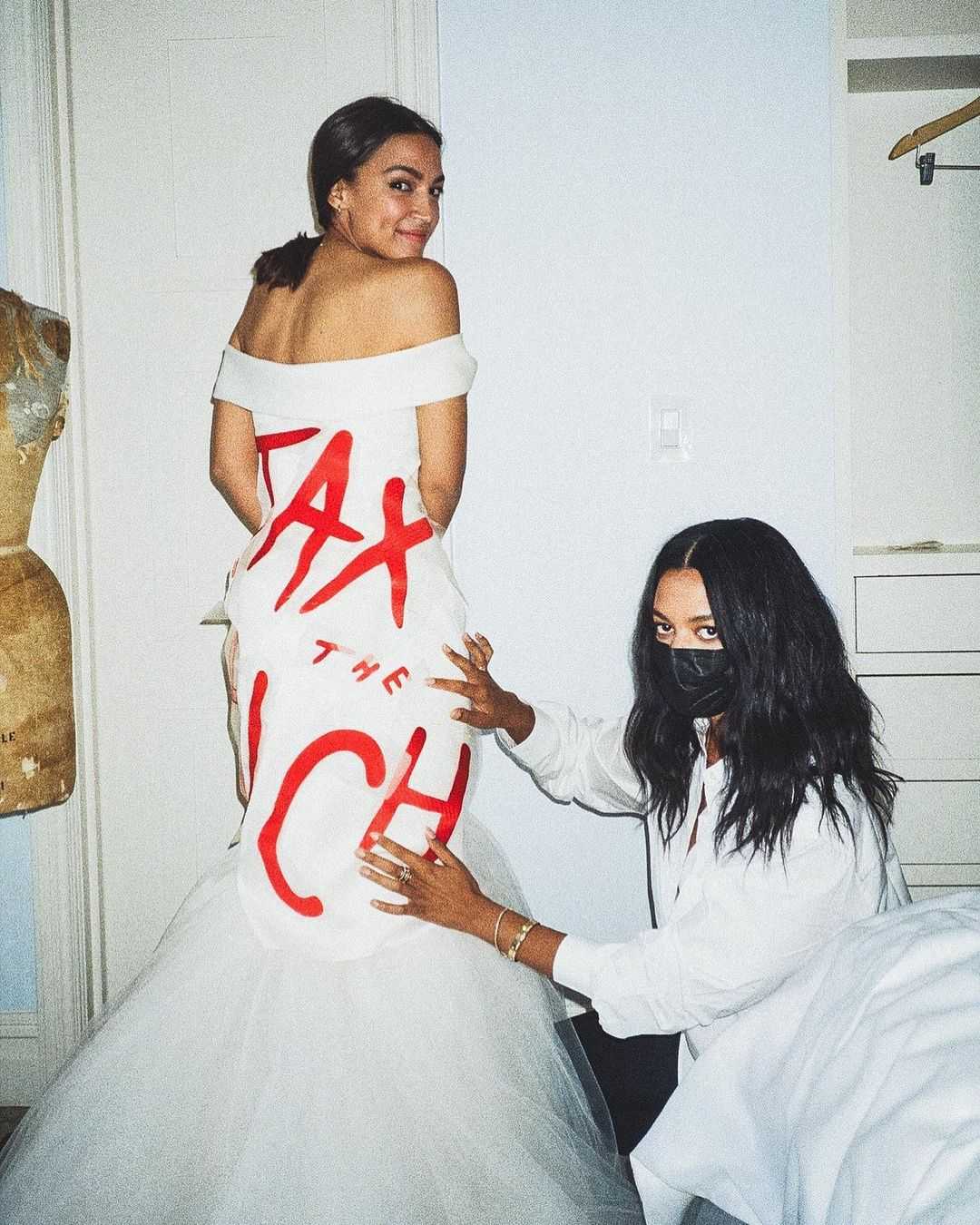Alexandria Ocasio-Cortez‘s (AOC) recent appearance in a tax-the-rich dress at the Met Gala in New York offers interesting insights into how the rich and their supporters, or at least some of them, respond to demands on the rich to contribute a ‘fairer’ share to society. The ire of conservatives in the USA highlights, for example, that instead of discussing the message, they rather use such an episode to divert the attention away from it. In this case, by arguing that AOC is hypocritical, as the event at which she staged the dress was, after all, a major annual fundraising gala catering for the rich. It may be better, indeed, to avoid such events, which due to their philanthropic character already have enough problematic tax (avoidance) dimensions.
Yet would AOC have worn the same dress to an event not so evidently associated with celebrities and the rich, she would, I believe, by no means have drawn the same attention. One could, of course, still debate whether her action and related attention really facilitate the altering of tax legislation. But from an anthropological/sociological interest, AOC’s actions – not only this one, but many since her arrival on the political stage – certainly offer great insights into the kinds of responses demands to reverse socioeconomic inequality generate (e.g. vehemently denying that inequality is a problem, diverting attention away from it, but also engaging with the concerns, even to the extent that some rich are open to paying higher taxes). I am thus looking forward to analyses that take her actions and responses to these as starting point to draw wider lessons about the (lack of) potential to reverse socioeconomic inequality in the USA.
(Source picture: Alexandria Ocasio-Cortez on Twitter)
